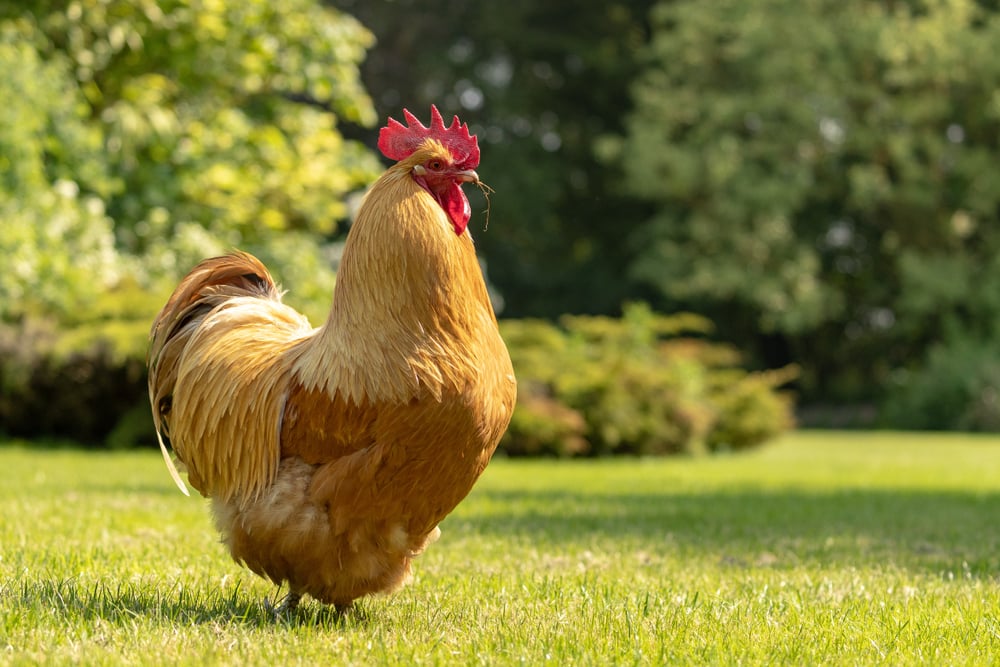Finally ready to move forward with getting my own chickens for my Hunting Camp. Talking to some of the local farmers, they're pushing for me to get chicks vs adult hens . Reasoning being they fear adult chickens brought in from outside the area raise the risk of avian flu spreading to chickens down in that area. Any credence to that ?
Looking to get rhode Island reds.
Looking to get rhode Island reds.






